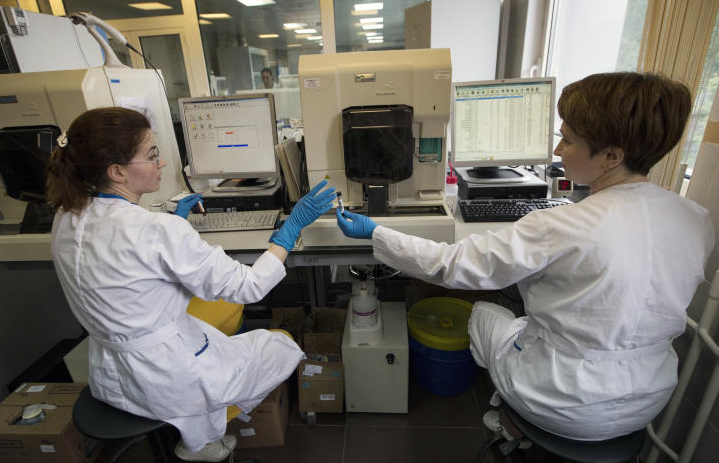
The Athletics Integrity Unit (AIU), in partnership with the IAAF World Athletics Championships Doha 2019 Local Organising Committee (LOC) and the Qatar Anti-Doping Commission (QADC), will deliver an unprecedented integrity programme during the 10 days of competition, which starts tomorrow.
One of the key policy decisions taken by the AIU ahead of the championships is to transfer samples collected from the athletes of the host nation to a laboratory abroad in order to avoid any potential conflict of interest and associated risks. The policy will come in force in Doha and will continue at future editions of the World Championships.